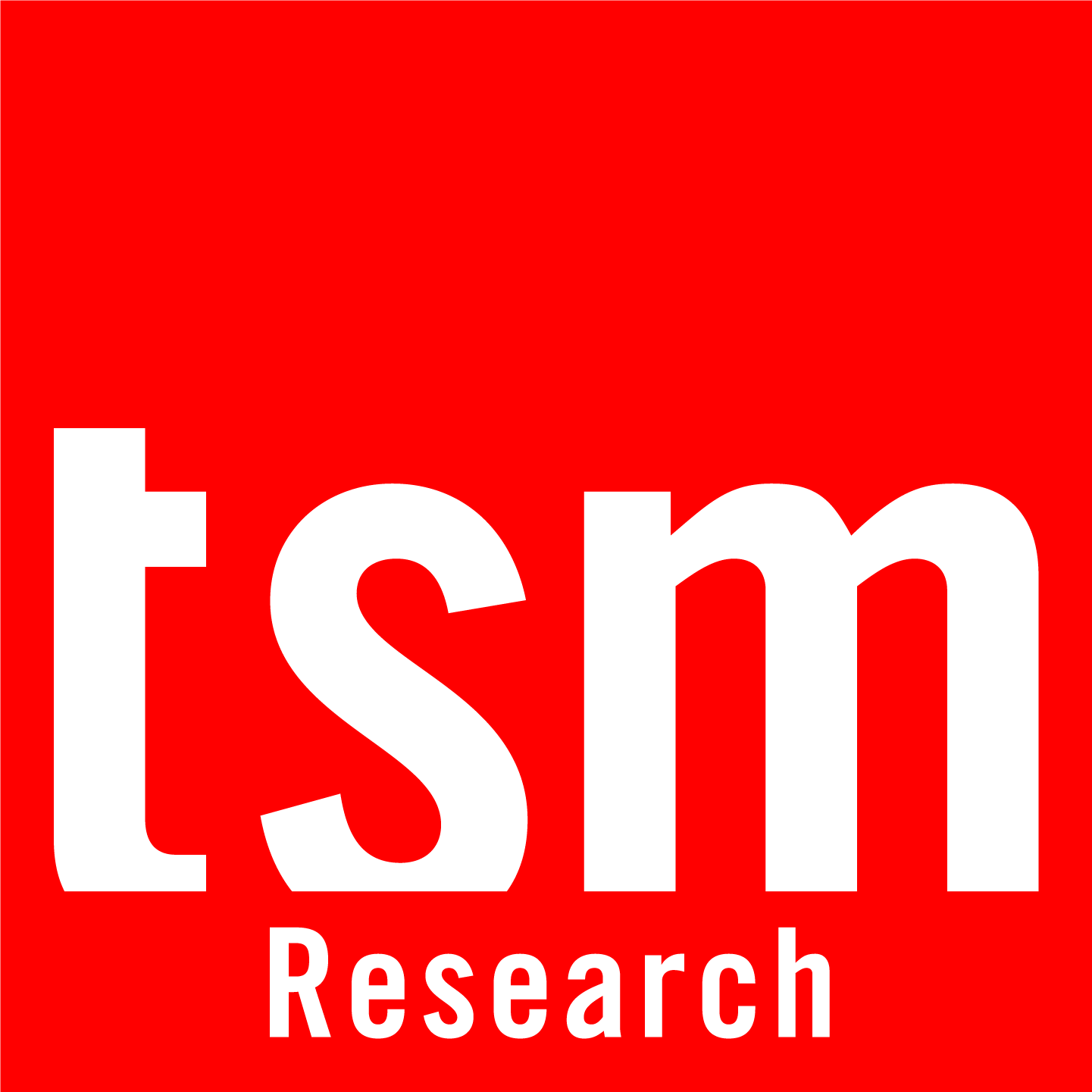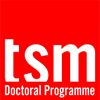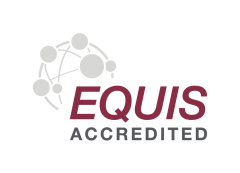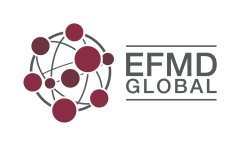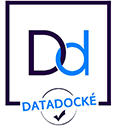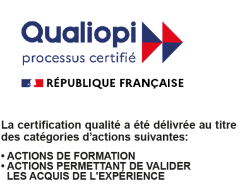Page builder
TSM offers a high-quality programme portfolio that is recognised by its peers. It has numerous labels, accreditations and certifications, that ensure that future students receive an education that meets their expectations and those of their future employers.
Toulouse School of Management is committed to a continuous improvement process, both in the content of its programmes and in its organisation.




